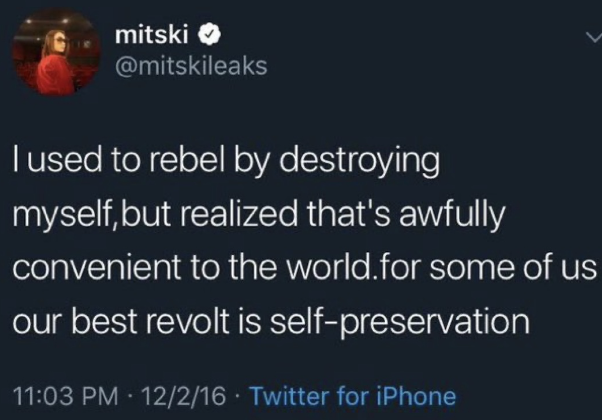by Zaryah Qareeb
Picture this: it’s Valentine’s Day, and you’re scrolling through your Instagram account, observing couples you didn’t even know existed until now. One couple posted a picture celebrating their three-year anniversary, while another shared a snapshot from their art museum date.
You find yourself flat on your back, gazing at the ceiling of your dorm room, listening to Amy Winehouse.
She’s right; love is, indeed, a losing game.
As dramatic as it may sound, it’s true. I sometimes wonder if I’m “lovable.” Often, I distance myself the moment I feel a spark of intimacy with another person, avoiding conversations out of fear of vulnerability. I’ve worn the mask of Miss Independent for so long that I’ve forgotten how it feels to depend on someone. I catch myself rewatching Love Jones for the hundredth time, wondering if my true self will ever experience a love as deep as that.
That all changed when I discovered bell hooks’ most iconic writing, All About Love. Although I’m not a big fan of self-help, this book contributed to my understanding of love in a different light.
The book begins with the introduction of hooks’ state of being. Recently separated from her partner of fifteen years, she finds herself in grief and pain, feeling hopeless regarding love.
“It was despair rooted in the fear that love did not exist, could not be found. And even if it were lurking somewhere, I might never know it in my lifetime,” (hooks).
When I read the first few lines of her book, all I could think was damn. I felt the same way but the story doesn’t stop there. On her journey of self-discovery, hooks creates radical theories about love, specifically rethinking self-love.
Before reading All About Love, I came across numerous social media posts warning me about the book. One meme jokingly suggested that I should skip chapter four unless I wanted to see my relationship with my parents differently. Although the purpose of bell hooks’ writing is to challenge the reader’s perspective on how to give and receive love, she does make bold statements about what love is. hooks provides precise and straightforward examples of what qualifies as love and what does not, which surprised not only me but also numerous other readers. I’m a firm believer that love is far from being a simple, binary concept; instead, love should be viewed as complex and nuanced. It’s important to keep this in mind while reading so that you can walk away with whatever resonates most.
So, what’s so revolutionary about love? Resistance! For many marginalized communities, joy is a form of resistance against oppressive systems. We are made to feel hopeless, undeserving, and unworthy of love in order to prevent communities from uniting. But love is disruptive and prevents us from burning out. To witness progress, we should consistently draw inspiration from that which replenishes our spirit. As bell hooks stated, “Indeed, all great movements for social justice in our society have strongly emphasized a love ethic.” Love is what keeps us going, gives us purpose, and it comes in different forms that we may not even realize it when it’s there.
Although I don’t fully agree with hooks’ opinions on what love actually looks like, her reasoning for WHY it’s needed is what has impacted me. In All About Love, hooks uses toxic masculinity as an example, and the concept of “the wounded child” inside many males. The inner boy who was silenced and belittled by the patriarchal world around him prevents him from acknowledging his true feelings. “When we deprive boys of love, we engage in punitive punishment and reinforce the idea that love is a privilege and not a right.” hooks humanizes those on both sides of the patriarchy while also holding them accountable. She effectively portrays how the absence of love can manifest as sorrow, compliance, and outward projection. After reading her work, my compassion for humanity expanded. I began to compliment strangers more and find small acts of kindness. It also served as a reminder that I, too, deserve love.
If there’s one thing to take away from All About Love it is to allow yourself to be loved. Fall in love, and love every inch of yourself when the world makes you feel small.
To conclude this article, I also want to share this tweet as a summary and a reminder of what revolutionary self-love can look like. (I also just want an excuse to bring up Mitski.)
